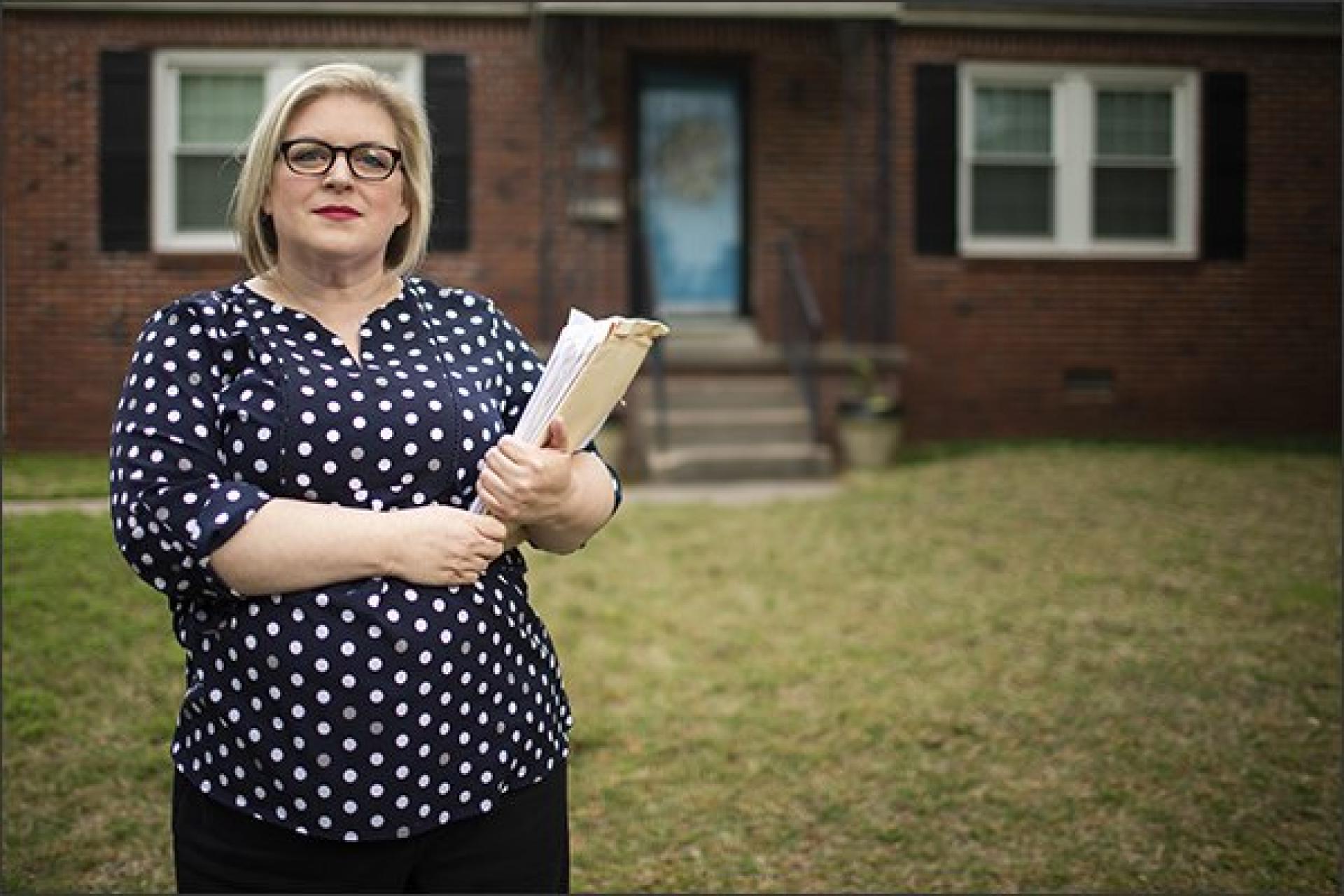
Parent of Spec. Ed. Student Spotlights Powerful Tool for Advocacy (Education Week)
May. 3, 2019
Oklahoma education officials recently ordered the Tulsa school district to ensure that the individualized plans of all its special education students comply with federal law—an enforcement action that affects thousands of children and youths in the 39,000-student system.
And it all started with one parent who used a lesser-known complaint option under federal special education law that can yield fast and expansive results, if a concern is found to have legal merit.
Most people who know special education are familiar with due-process hearings, which allow parents to file a complaint with a school district related to their child's individualized education program, or IEP. Those cases are heard by hearing officers and can be appealed to the courts—even the U.S. Supreme Court, in the rarest of cases.
But the Individuals with Disabilities Education Act also lets individuals file complaints directly to the state instead of—or in addition to—filing a due-process complaint. The state has 60 days to investigate, and the findings are not appealable by either side.
Success rates for parents filing state complaints are significantly higher than when parents bring cases before independent hearing officers, according to a 2017 study of five states. Special education law expert Perry Zirkel found that parents prevailed before hearing officers in 24 percent of cases in those states. In contrast, parents received favorable rulings in half the cases they brought directly to the state, said Zirkel, a professor emeritus at Lehigh University's College of Education in Pennsylvania.
Todd Loftin, the Oklahoma special education director, said his state sees about 30 complaints a year. He said that relatively few are like the Tulsa complaint, where parent Carmon Pool Drummond specifically said her concerns might apply to other "similarly situated" students


